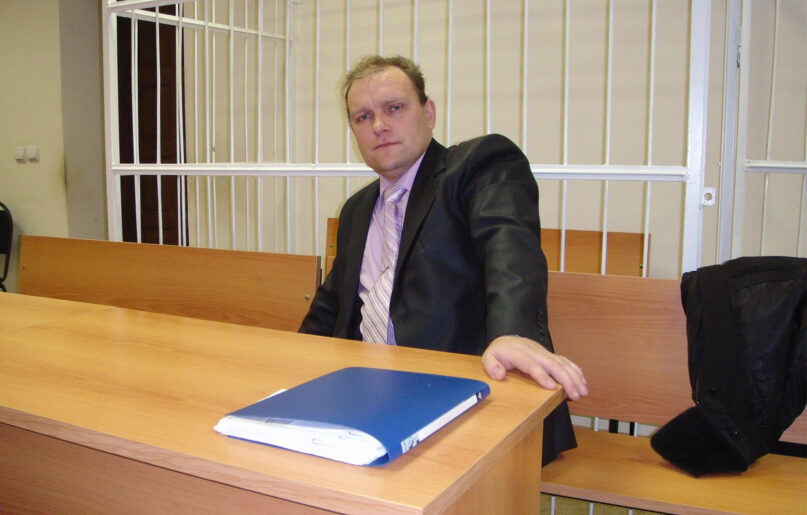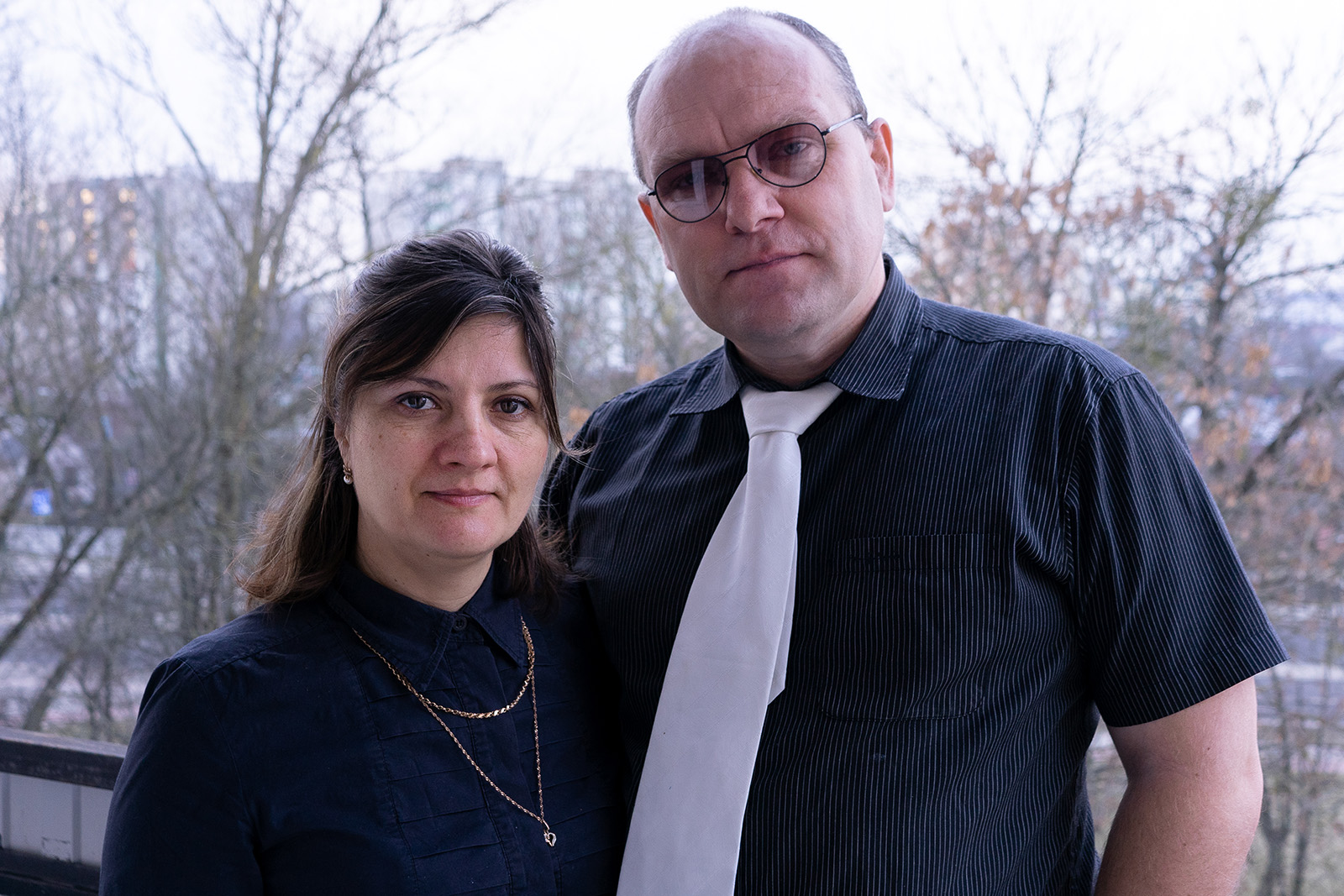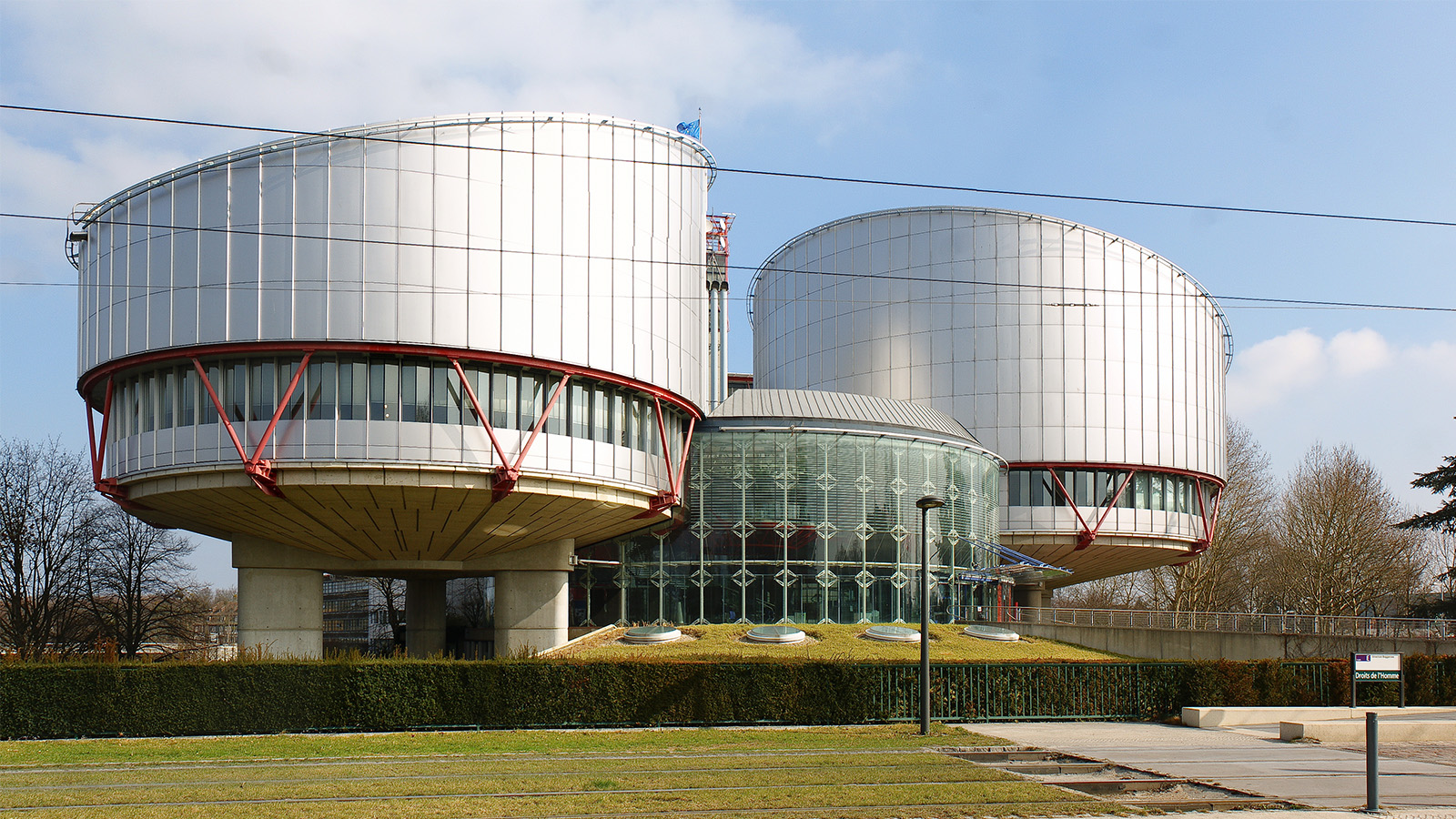Συγχαρητήρια του Παναγιωτάτου Πατριάρχη Κυρίλλου στον Πρόεδρο της Ρωσίας Β.Β. Πούτιν για Ευτυχισμένη Ημέρα του Υπερασπιστή της Πατρίδας
 23 Φεβρουαρίου 2022 09:20
23 Φεβρουαρίου 2022 09:20Ο Παναγιώτατος Πατριάρχης Μόσχας και πασών των Ρωσιών Κύριλλος συνεχάρη τον Πρόεδρο της Ρωσικής Ομοσπονδίας Β.Β. Πούτιν για την Ευτυχισμένη Ημέρα του υπερασπιστή της πατρίδας.
Εξοχότατε Βλαντιμίρ Βλαντιμίροβιτς Πούτιν, Πρόεδρε της Ρωσικής Ομοσπονδίας
Σεβασμιώτατε, αγαπητέ Βλαντιμίρ Βλαντιμίροβιτς!
Σας συγχαίρω θερμά για την Ημέρα του Υπερασπιστή της Πατρίδας.
Σήμερα τιμούμε το κατόρθωμα εκείνων που εκτελούν υπεύθυνη στρατιωτική θητεία, φρουρούν τα σύνορα της πατρίδας τους και φροντίζουν για την ενίσχυση της αμυντικής της ικανότητας και της εθνικής της ασφάλειας. Θάρρος και θάρρος, θάρρος και αποφασιστικότητα, ένθερμη αγάπη για την Πατρίδα και ετοιμότητα για αυτοθυσία - αυτές οι ιδιότητες διακρίνουν τον λαό μας για αιώνες, έχοντας περάσει από το χωνευτήρι πολλών δοκιμασιών και σκλήρυνε τον χαρακτήρα και το σθένος τους.
Η Ρωσική Ορθόδοξη Εκκλησία πάντα προσπαθούσε να συμβάλει σημαντικά στην πατριωτική εκπαίδευση των συμπατριωτών, βλέποντας στη στρατιωτική θητεία μια ενεργή εκδήλωση ευαγγελικής αγάπης για τους γείτονες, παράδειγμα πίστης στα υψηλά ηθικά ιδανικά της αλήθειας και της καλοσύνης.
Θα ήθελα να σημειώσω με ευγνωμοσύνη ότι με την ενεργή συμμετοχή και την υποστήριξή σας υλοποιούνται πολλά σημαντικά εκκλησιαστικά, εκπαιδευτικά και κοινωνικά έργα του Πατριαρχείου Μόσχας, η αλληλεπίδραση εκκλησίας-κράτους αναπτύσσεται γόνιμα, με στόχο τη διατήρηση της εθνικής ιστορικής μνήμης και την επιβεβαίωση της αρχές της παραδοσιακής ηθικής στη ζωή των συγχρόνων.
Σας εύχομαι καλή υγεία, ψυχική ηρεμία και άφθονη βοήθεια από τον Κύριο στην υψηλή και υπεύθυνη υπηρεσία σας προς τον λαό της Ρωσίας.
Με βαθύ και ειλικρινή σεβασμό
+ΚΥΡΙΛΛΟΣ, ΠΑΤΡΙΑΡΧΗΣ ΜΟΣΧΑΣ ΚΑΙ ΠΑΣΩΝ ΤΩΝ ΡΩΣΙΩΝ
Congratulation of His Holiness Patriarch Kirill to the President of Russia V.V. Putin for Happy Defender of the Fatherland Day
 February 23, 2022 09:20
February 23, 2022 09:20His Holiness Patriarch Kirill of Moscow and All Russia congratulated the President of the Russian Federation V.V. Putin for the Happy Defender of the Fatherland Day.
His Excellency Vladimir Vladimirovich Putin, President of the Russian Federation
Your Excellency, dear Vladimir Vladimirovich!
I heartily congratulate you on the Defender of the Fatherland Day.
Today we honor the feat of those who carry out responsible military service, stand guard over the borders of their native country and take care of strengthening its defense capability and national security. Valor and courage, courage and determination, ardent love for the Fatherland and readiness for self-sacrifice - these qualities have distinguished our people for centuries, having gone through the crucible of many trials and hardened their character and fortitude in them.
The Russian Orthodox Church has always striven to make a significant contribution to the patriotic education of compatriots, seeing in military service an active manifestation of evangelical love for neighbors, an example of fidelity to high moral ideals of truth and goodness.
I would like to note with gratitude that with your active participation and support, many important church-building, educational and social projects of the Moscow Patriarchate are being implemented, church-state interaction is fruitfully developing, aimed at preserving national historical memory and affirming the principles of traditional morality in the life of contemporaries.
I wish you good health, peace of mind and abundant help from the Lord in your high and responsible service to the people of Russia.
With deep and sincere respect
+KIRILL, PATRIARCH OF MOSCOW AND ALL RUSSIA
Поздравление Святейшего Патриарха Кирилла Президенту России В.В. Путину с Днем защитника Отечества
23 февраля 2022 г. 09:20Святейший Патриарх Московский и всея Руси Кирилл поздравил Президента Российской Федерации В.В. Путина с Днем защитника Отечества.
Его Превосходительству Владимиру Владимировичу Путину, Президенту Российской Федерации
Ваше Превосходительство, глубокоуважаемый Владимир Владимирович!
Сердечно поздравляю Вас с Днем защитника Отечества.
Ныне мы чествуем подвиг тех, кто несет ответственное ратное служение, стоит на страже рубежей родной страны и заботится об укреплении ее обороноспособности и национальной безопасности. Доблесть и мужество, отвага и решимость, горячая любовь к Отечеству и готовность к самопожертвованию — эти качества на протяжении веков отличали наш народ, прошедший через горнило многих испытаний и закаливший в них свой характер и силу духа.
Значимый вклад в патриотическое воспитание соотечественников всегда стремилась вносить и Русская Православная Церковь, видящая в воинском служении деятельное проявление евангельской любви к ближним, пример верности высоким нравственным идеалам правды и добра.
С признательностью хотел бы отметить, что при Вашем активном участии и поддержке реализуются многие важные храмоздательские, просветительские и социальные проекты Московского Патриархата, плодотворно развивается церковно-государственное взаимодействие, направленное на сохранение национальной исторической памяти и утверждение принципов традиционной морали в жизни современников.
Желаю Вам крепкого здравия, душевного мира и обильной помощи от Господа в Вашем высоком и ответственном служении народу России.
С глубоким и искренним уважением
+КИРИЛЛ, ПАТРИАРХ МОСКОВСКИЙ И ВСЕЯ РУСИ
Το Bατοπέδι, το FBI και η ρωσική προπαγάνδα στην Ελλάδα - iefimerida.gr
Προσευχή υπέρ Πούτιν και πολέμου





